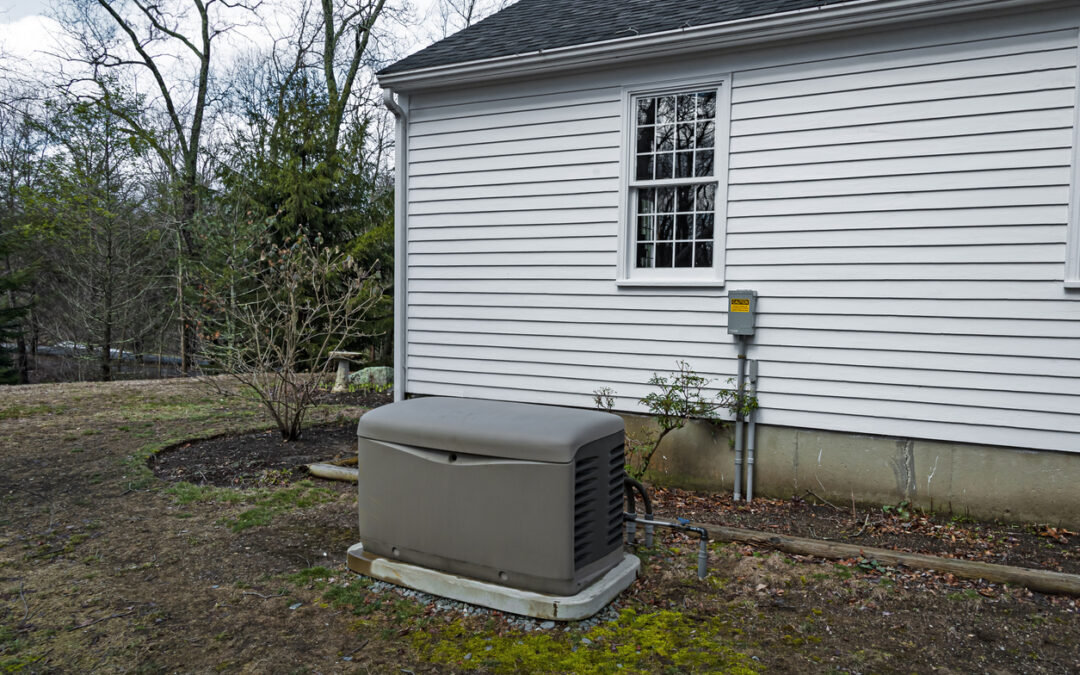Generators are invaluable assets during power outages, ensuring that essential appliances and systems continue to function. However, improper use of generators can pose serious risks to your home and family. To protect both your loved ones and your property, it’s crucial to follow generator safety guidelines.
First of all, place your generator outdoors in a well-ventilated area, away from windows, doors, and vents. Never operate a generator indoors or in a confined space, as the carbon monoxide emissions can be fatal. Ensure the generator is on a dry surface and sheltered from rain or snow to prevent electrical hazards.
Next, for standby generators, hire a qualified electrician to install and connect them to your home’s electrical system. Follow the manufacturer’s instructions for portable generators to ensure safe setup and operation.
Be sure to store fuel for your generator in approved containers in a cool, well-ventilated area away from the generator itself. Avoid overfilling the fuel tank, and never add fuel while the generator is running or hot. Keep fire extinguishers nearby when handling fuel.
Maintenance is necessary to keep your generator working effectively. Follow the manufacturer’s recommended maintenance schedule, and check oil levels, filters, and spark plugs regularly. Keep spare parts and maintenance tools on hand to address any issues promptly.
Ensure that your generator is properly grounded to prevent electrical shocks or fires. Follow the manufacturer’s instructions for grounding, and consult a professional if you are unsure. Monitor the generator while it’s running and be aware of any unusual sounds, odors, or vibrations. If you notice anything unusual, turn off the generator and address the issue before continuing to use it.
Also, be mindful of the generator’s capacity. Avoid overloading it by connecting too many appliances or devices. Prioritize essential items like refrigerators, medical equipment, and heating or cooling systems.
You need to also allow the generator to cool down before refueling. Hot engine parts can ignite fuel and cause a fire. Always turn off the generator and let it sit for a few minutes before adding more fuel. And familiarize yourself with the generator’s shutdown procedure in case of an emergency. Being able to turn it off quickly can prevent accidents and damage.
Always use heavy-duty, outdoor-rated extension cords when connecting appliances to your generator. Check cords for wear or damage and replace them if necessary. Keep cords protected from moisture and tripping hazards.
And finally, be sure that kids and animals are kept away from the generator to prevent accidents. Generators can be intriguing to children and pets, but they are not safe playthings.
When you follow these safety tips and are vigilant, you can ensure that your generator serves as a reliable source of backup power without compromising the safety of your home and family. Contact Brotherlylove Electric LLC to schedule a consultation or appointment today to learn more about generators. They look forward to serving you.
